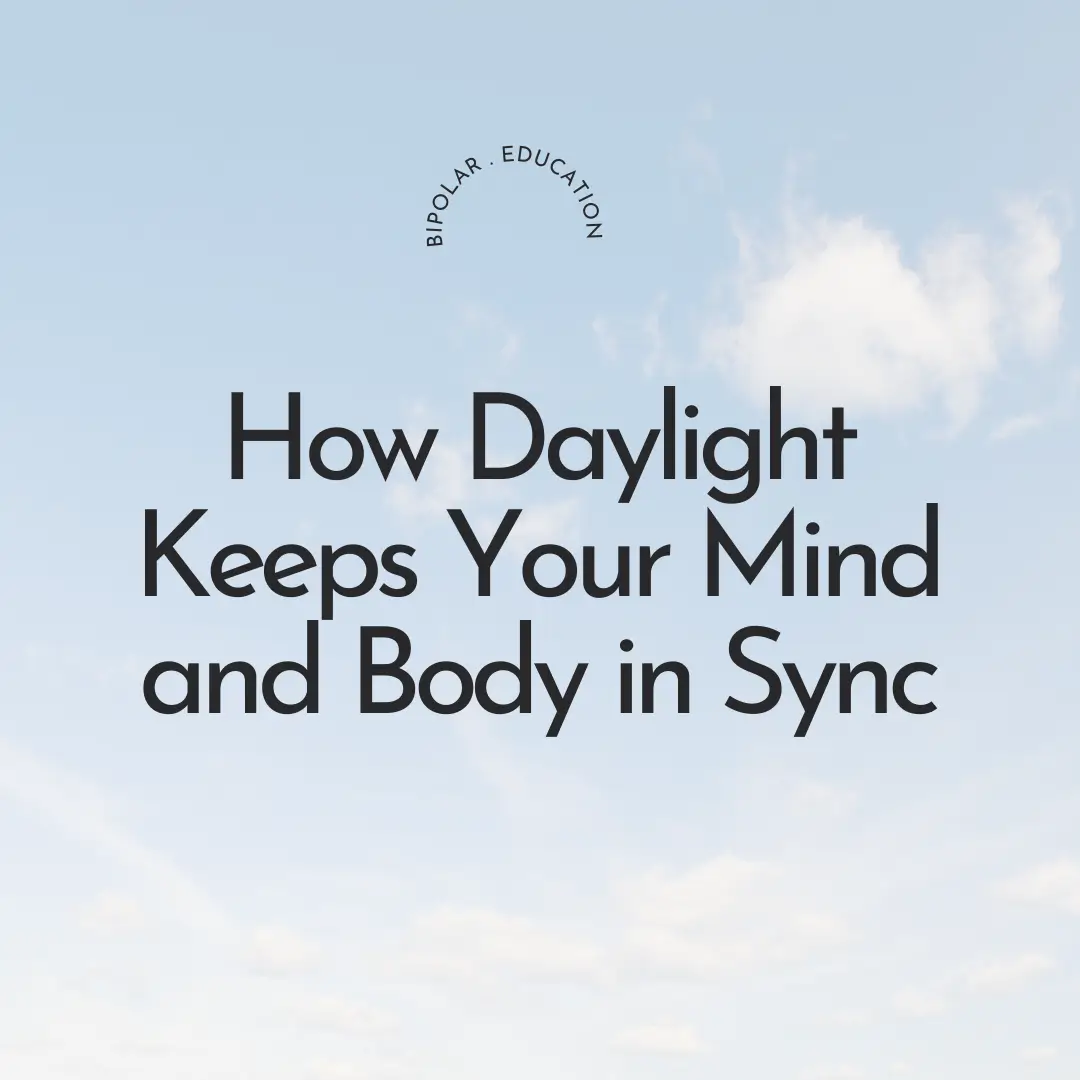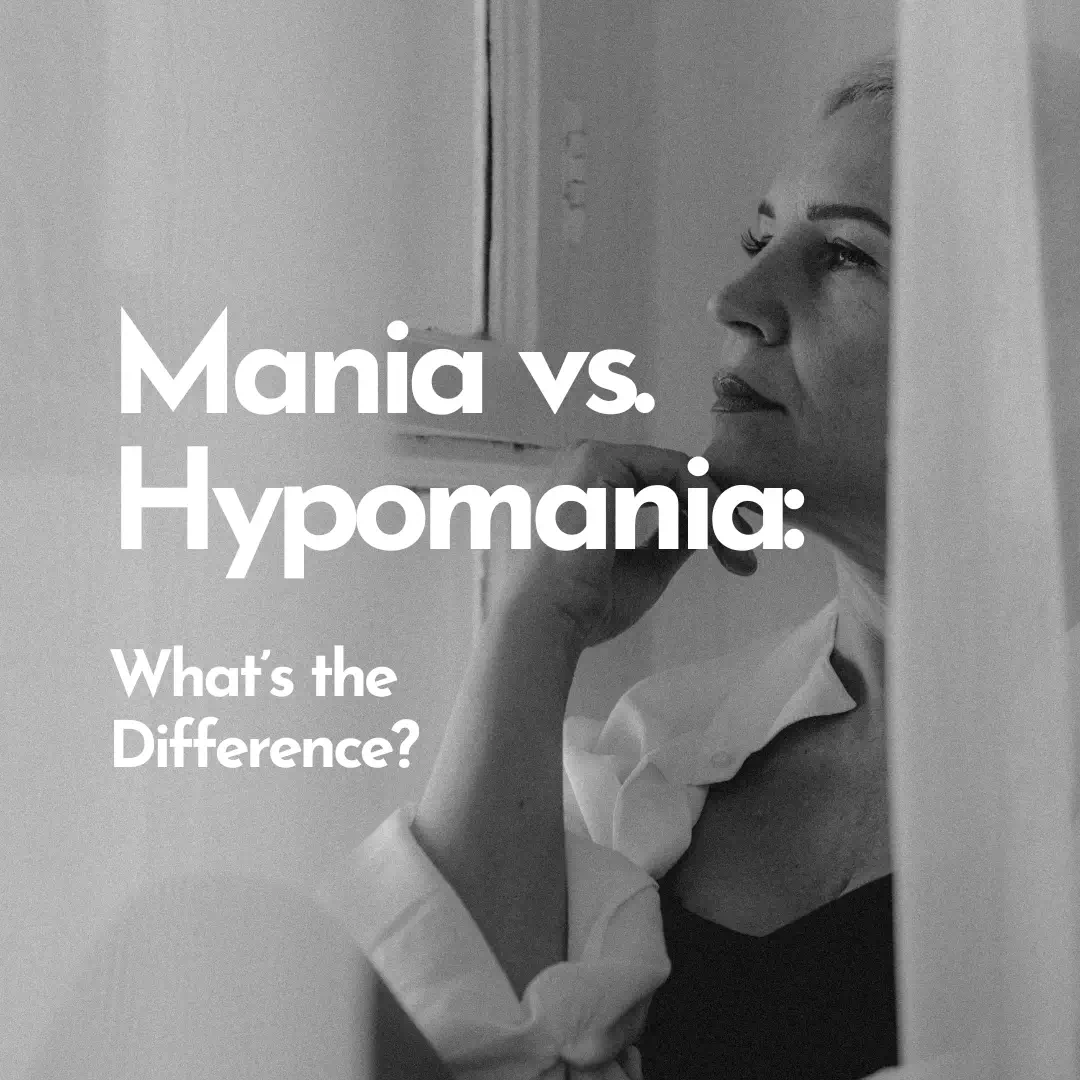When patients come to see me, they often ask, “Why do I have bipolar disorder? Is it something I did?” It’s a question that carries a lot of weight, and I always aim to provide clear, compassionate answers. The truth is, bipolar disorder doesn’t have one single cause—it’s influenced by a combination of genetic, biological, and environmental factors.
The Role of Genetics
Bipolar disorder often runs in families. If you have a parent or sibling with the condition, your likelihood of developing it is higher, though not guaranteed. Researchers believe this is due to complex interactions among many genes, rather than a single “bipolar gene.” Genetic predisposition doesn’t mean you’re destined to have bipolar disorder, but it does play a significant role.
Brain Chemistry and Biology
Imbalances in brain chemicals, like neurotransmitters, are thought to contribute to bipolar disorder. These chemicals regulate mood, energy, and thinking. For example, disruptions in serotonin, dopamine, or norepinephrine levels can affect how you process emotions and react to stress. Advances in brain imaging have also shown differences in the structure and activity of certain brain regions in people with bipolar disorder, further pointing to biological underpinnings.
The metabolic theory of bipolar disorder is an emerging area of interest. This theory suggests that disruptions in cellular energy production may influence mood instability. While still being studied, it highlights how deeply interconnected our body’s systems are when it comes to mental health.
Environmental Triggers
While genetics and biology lay the groundwork, environmental factors often act as triggers for bipolar episodes. Stressful life events—such as trauma, relationship difficulties, or significant life changes—can bring symptoms to the surface. Even seemingly minor disruptions, like changes in sleep patterns, can have a significant impact.
Some patients I work with recall a specific event, like starting a new job or losing a loved one, that seemed to “unlock” their symptoms. Others mention that they’ve always had mood swings, but stressful periods made them more severe. Understanding these triggers is key to managing symptoms effectively.
Can Lifestyle Play a Role?
Yes, absolutely. While bipolar disorder isn’t caused by poor lifestyle choices, factors like sleep deprivation, substance use, or inconsistent routines can exacerbate symptoms. That’s why I emphasize the importance of establishing healthy habits as part of treatment. Consistent sleep schedules, regular exercise, and stress management can help stabilize moods and prevent episodes.
Learn More and Take Control
Understanding what causes bipolar disorder is a powerful step toward managing it. To dive deeper into the factors behind bipolar disorder and learn practical strategies to navigate your journey, explore my self-paced e-learning module. It’s designed to provide you with accessible, expert guidance at your own pace, wherever you are.
Remember, bipolar disorder is not your fault, and there are effective ways to manage it. If you have questions or want support, reach out today. Together, we can build a path toward stability and clarity.




